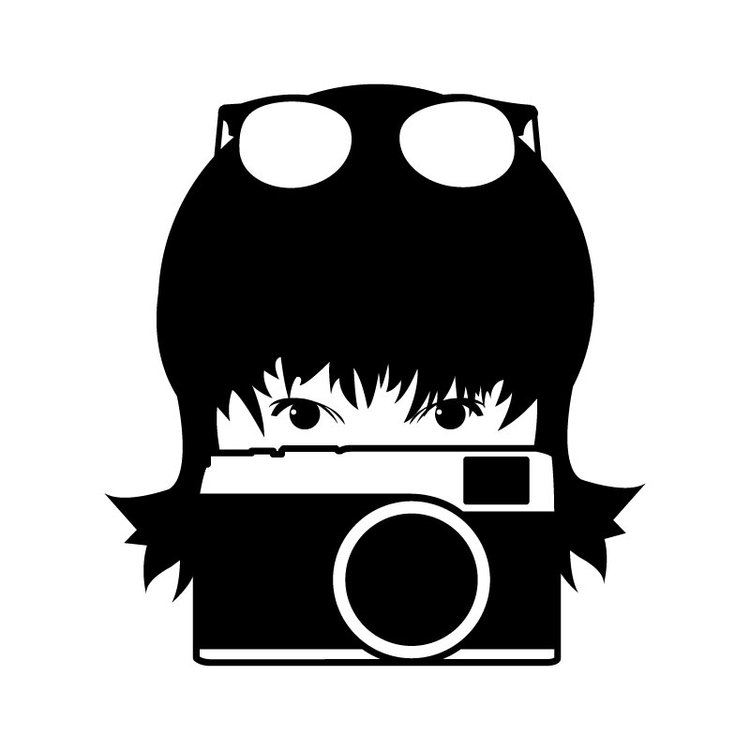Q: "I'm attending evening classes in a photography school - we basically have weekly workshops where we're given assignments on imposed subjects on a regular basis. So far I've been quite inspired by those and enjoying it a lot. The "end of year" assignment that's coming next, in contrast, is a freely chosen topic and our photos will be exhibited in a prestigious place and potentially exposed to lots of people.
I'm excited about this great opportunity to have my work shown but still can't possibly figure out which direction to head towards - a kind of "photographer's block" I guess. I'm most passionate about street photography, however I fear that my usual kind of street images is too mundane and not catchy enough to be exhibited. I believe in the power of simplicity and I'm aiming at producing striking, graphical pictures but I just don't know where to start. Every street around where I live I feel like I have roamed a hundred times for assignments or personal work, and there's not much new to get my inner photography flame kindled again. The deadline for giving out the photos for printing is June.
Do you have any advice on how to overcome that block ? Any artist you'd recommend as an inspiration, be it photographer, painter, filmmaker ?
Thanks and keep up the good work ! It's always a pleasure reading your blog and hearing you on TWiP." Guillaume
~
A: "Hi Guillaume, thank you for your kind words and for submitting a question to the blog. Tough question as I'm not sure if you are planning to pursue photography as a hobby or a career.
Street photography is really something you do for you and you alone. I wrote an article about that recently, which you might want to read: To Be Or Not To Be A Street Photographer. Street photography is not something that will get praises like landscape or nature images will. I don't think that's a bad thing. Not everyone understands the beauty of street photography and the audience is more limited. When you are out shooting, you should aim at pleasing yourself, not others. If they like your work and buy it, that's the bonus!
You don't have to travel to exotic locations to capture beautiful street photographs. If you feel like you are in a rut, give yourself assignments. But not the same assignments that are required for your classes. Some days you may just want to shoot some street portraits, other days focus your attention on silhouettes or motion. Find a stage and wait for the right subject to walk through. Maybe you need to do something completely different for a change. Pick up a macro lens and try your eye at macro photography for a while. Give yourself limitations, pretend you are shooting film for a day and shoot 36 frames only. That will make you slow down and think. Get in your car and get lost on purpose, take a path you've never taken before and explore it with your camera. You never know what is going to move the artist in you. Follow your heart!
I get inspired by art in general. Go look at paintings at your local museum, immerse yourself in a photography book, not only images that are available online. Watch inspirational videos on Lynda.com (Richard Koci Hernandez comes to mind) or Kelbyone.com: (Wonderful videos featuring Jay Maisel).
We all go through creative blocks. Don't look at it as a bad thing. On the contrary, it may just be a sign that you need to push yourself, to grow in the process. I think that a loss of passion may be an opportunity to renew and refresh your vision and turn it in a positive experience.
I wish you the best of luck in all your creative pursuits. Keep in touch!" Valerie



